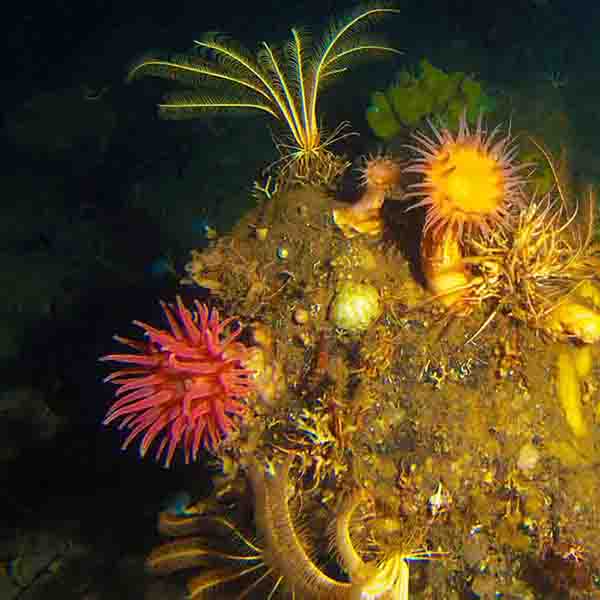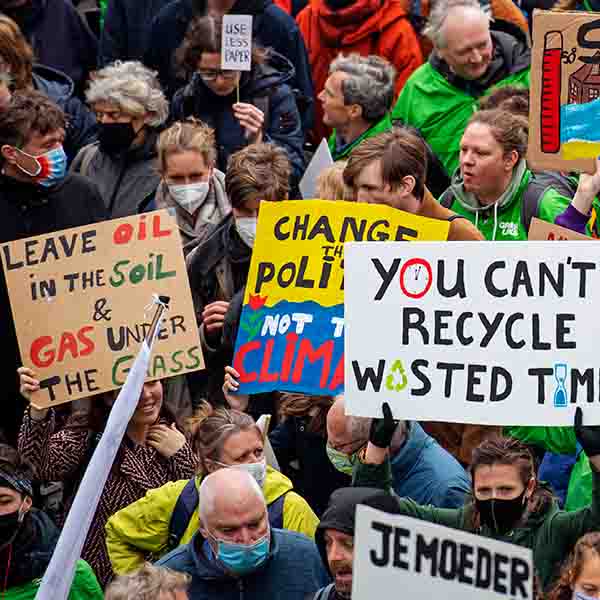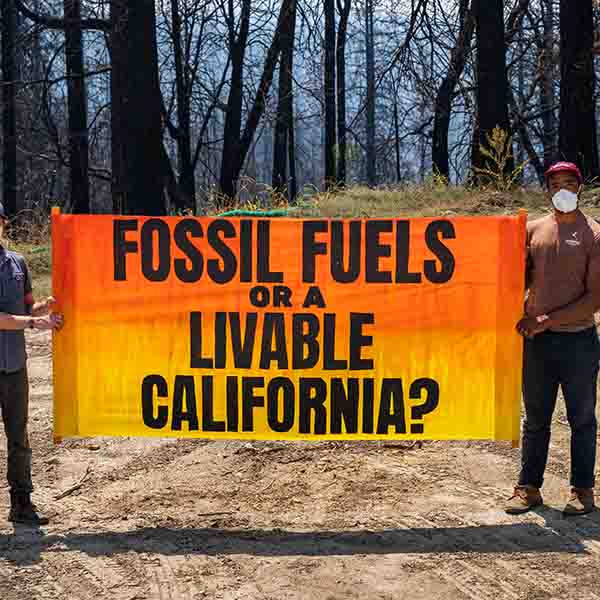From the Co-Executive Directors
Greenpeace USA believes in the public’s right to know about what’s happening to our planet—that’s why we dig into the nitty gritty of environmental problems, to figure out the “who, what, where, when, why, and how.” Our investigations expose environmental crimes for all the world to see, and the people, companies, and governments that need to be held responsible.
Right now Greenpeace USA is telling the real story behind how big brands like Coca-Cola, PepsiCo, and Nestlé are working hand-in-hand with the fossil fuel industry to push petrochemical production—ensuring both industries stay filthy rich until the last drop of oil is pumped from the ground.
While it is clear that many consumer goods companies want to hide their cozy relationships with fossil fuel and petrochemical corporations, our exposé reveals the extent to which they are working toward common goals that pollute the planet and harm communities worldwide. Greenpeace is calling on these big brands to end these alliances and move away from single-use plastics immediately.
You make all of this work possible, and we could not be more grateful. Thank you for sharing our vision of a better future for our blue planet, and for helping Greenpeace move forward with hope and courage to make it manifest!
For a green and peaceful future,
Annie Leonard, Greenpeace USA Co-Executive Director
Ebony Twilley Martin, Greenpeace USA Co-Executive Director
Annie Leonard & Ebony Martin
Co-Executive Directors of Greenpeace USA
Our Mission
Greenpeace, Inc. is the leading independent campaigning organization that uses peaceful direct action and creative communication to expose global environmental problems and promote solutions that are essential to a green and peaceful future. Please visit greenpeace.org to learn more about Greenpeace, Inc., and greenpeacefund.org to learn more about Greenpeace Fund, Inc.
This update is intended to provide a comprehensive summary of all Greenpeace campaign activities. Please note that all donations to Greenpeace Fund, Inc. were solely used in connection with 501(c)(3) permissible activities. ISSN: 8899-
0190. Unless otherwise noted, all contents are © Greenpeace, Inc.



















